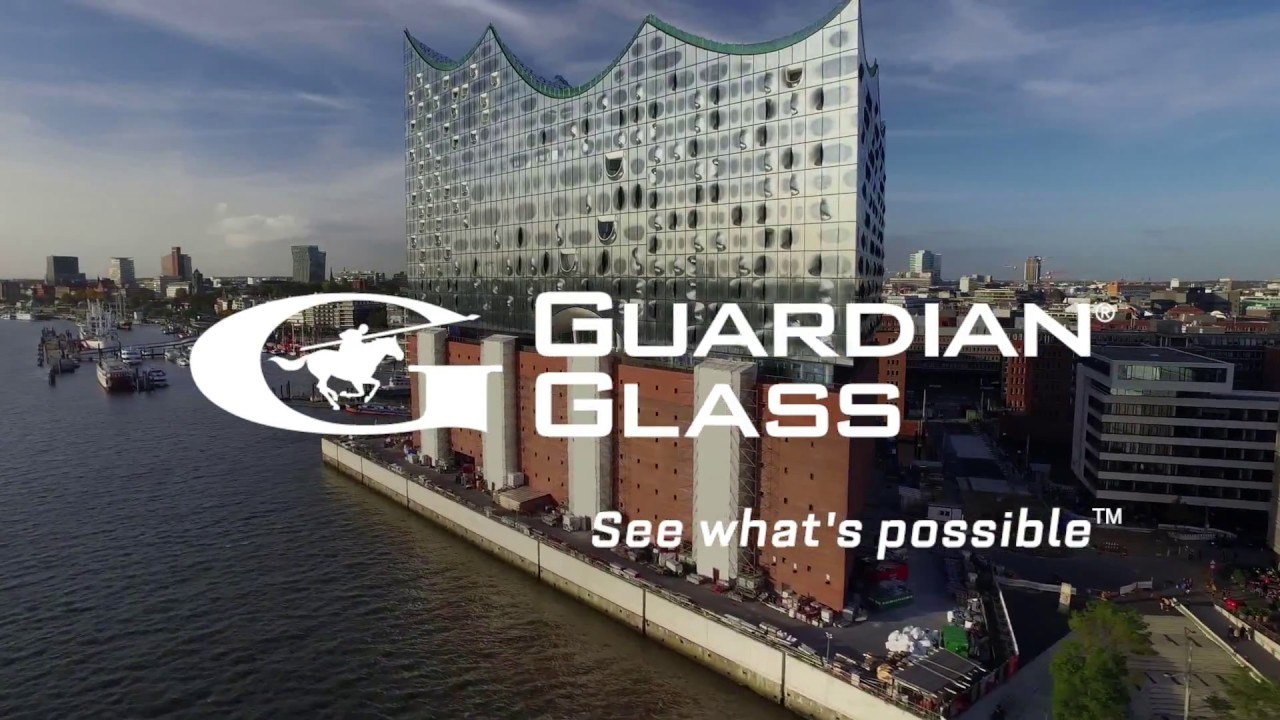Glass for Europe Releases Comprehensive Guide to Navigate the Use of Interleaving Polymer Powders in Compliance with EU Regulation
In an effort to bring clarity to the intricate landscape of microplastics and interleavants in the flat glass sector, Glass for Europe, a leading industry association, has issued an explanatory paper addressing the European Commission Regulation (EU) 2023/2055. This regulation, which came into effect in October 2023, aims to restrict synthetic polymer microparticles, either standalone or intentionally added to mixtures. The confusion surrounding this regulation has prompted Glass for Europe to disseminate critical information throughout the flat glass value chain.
The European Commission Regulation primarily seeks to prohibit the marketing of mixtures containing synthetic polymer microplastics. However, it’s crucial to note that this ban does not extend to products designated ‘for use at industrial sites’ and specific applications falling within certain categories. Glass for Europe’s explanatory paper emphasizes that in the flat glass sector, interleavants—materials used to separate glass sheets—are exclusively employed at industrial sites. Consequently, the placing on the market and the sector’s utilization of interleavant polymer powders remain permitted under the EC Regulation.
Acknowledging the potential for confusion and misinformation, Glass for Europe clarifies the obligations outlined in the EC Regulation, emphasizing that suppliers and users of interleavants bear specific responsibilities. Flat glass manufacturers, who are members of Glass for Europe, are actively collaborating with both upstream suppliers and downstream users to ensure full conformity with the regulatory framework.
Furthermore, the explanatory paper underscores Glass for Europe and its members’ commitment to sustainable practices. This commitment includes a pledge to explore alternative technologies and methodologies for interleavants, with a focus on substituting microplastic interleavants once a technically approved substitute is ready for widespread implementation.
As the flat glass industry navigates the evolving regulatory landscape, Glass for Europe’s proactive approach aims to foster understanding, compliance, and sustainable practices within the sector.
Source: Glass for Europe with additional information added by GlassBalkan







